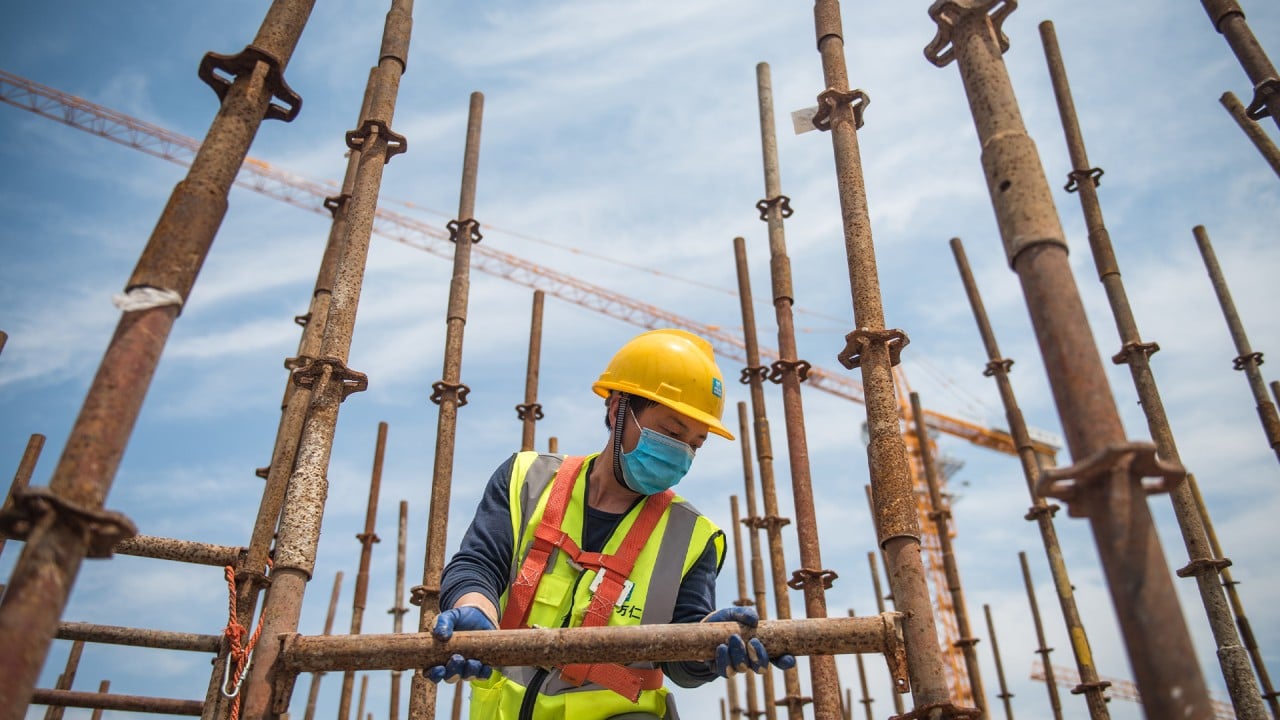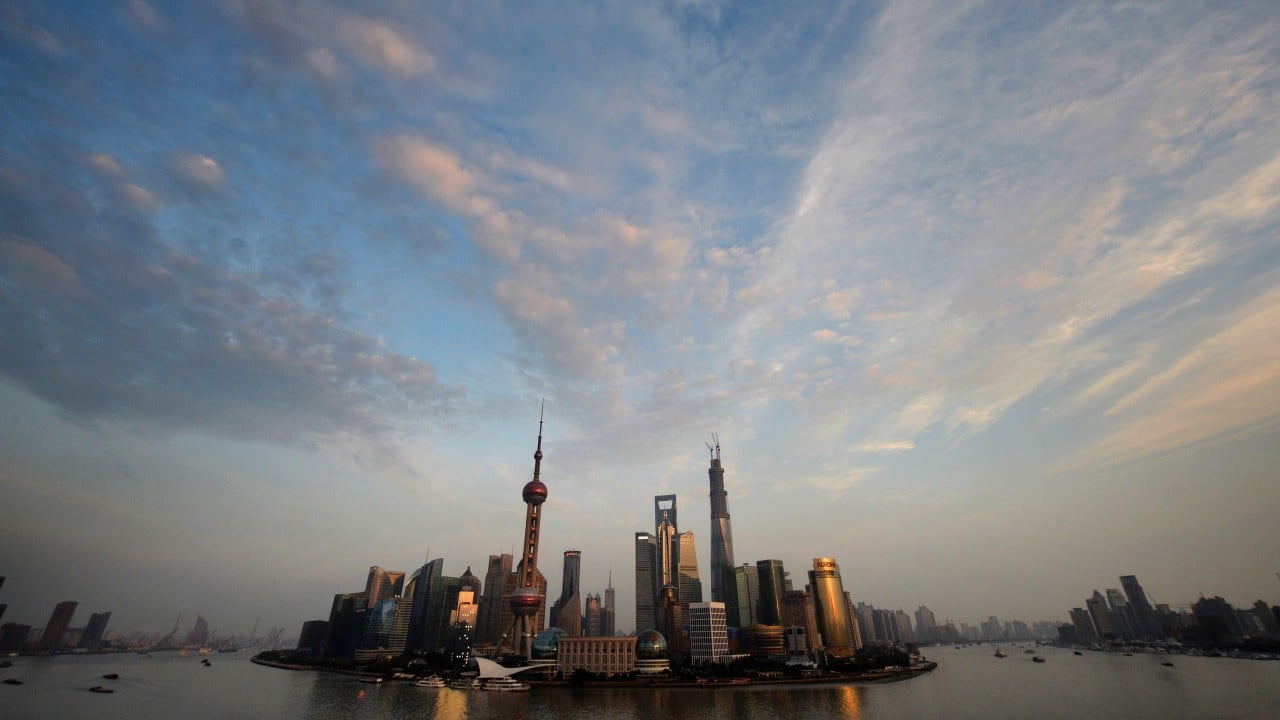
‘Don’t waste the crisis’: EU business group presses China to open markets
- European chamber’s annual survey finds companies grappling with a more politicised, state-dominated environment
- Forced technology transfers also a big concern for foreign players in the country
China’s business environment is becoming increasingly politicised and foreign firms are having to compete against an evermore dominant state sector, according to a leading European business group.
In its annual survey, the European Union Chamber of Commerce in China for the first time asked its member companies about the political environment in the country – after foreign companies were caught up in a string of controversies over Taiwan and Hong Kong.
About 43 per cent of the respondents said the business environment in China had become more political and they felt pressured to take action, “sometimes under threat of punishment by authorities”, such as reviewing corporate websites to ensure that Taiwan, Hong Kong and Tibet were identified as part of China.
“Similar to censorship in the media, all business decisions are influenced by their perceived or potential impact on local government or party attitude, even if there is no specific action from the government,” the report released on Wednesday quoted a member as saying.

05:02
Coronavirus backlash further fraying China’s ties to global economy
The report also highlighted the need for “bold and binding” changes to state-dominated sectors to make the market fairer and more attractive to foreign investors.
“China is moving towards a ‘one economy, two systems’ model,” the chamber said.
“On one side, market forces and modern regulatory mechanisms look increasingly international; on the other, critical sectors of the economy are dominated by state-owned national champions, while private enterprises are at best stifled or at worst forced out of the market entirely.”
In the survey, half of respondents said they believed that the state-owned sector would gain opportunities over the next year at the expense of the private sector, up seven percentage points since 2019.
China’s factory deflation accelerated in May as consumer inflation slowed
Along with other foreign business groups, the chamber has long called for Beijing to deliver on promises on market-oriented reform and opening up, and warned against the fatigue that comes when those promises fall short of expectations.
In addition, European companies in China now “find themselves navigating in the dark” as they try to cope with the disruption to their production by the pandemic and a global recession – over 40 per cent of the companies polled said they were considering delaying or cancelling investment decisions.
While China “can do little to patch holes” in global supply chains, it could accelerate its reform agenda to improve business sentiment, instead of taking baby steps in opening up as observed by over 40 per cent of companies in the survey.
Cosmetics, medical devices and pharmaceutical companies reported meaningful market opening up but most companies surveyed said there had been only limited or selective opening. Some sectors such as finance and oil and gas exploration continued to be dominated by state players.

05:59
Coronavirus: What’s going to happen to China’s economy?
Another area of concern were intellectual property rights infringements. Despite broad improvement over the past decade, the risks were still too great for some firms to bring their latest technology to China.
More than one-third of the companies polled reported IP infringement in China, including forced technology transfer.
In particular, nearly one-third of companies polled in medical devices, aerospace and aviation, and environment said they were forced to transfer technology to maintain market access.
The chamber urged China to make the most of the economic crisis and take bold steps towards a fairer market.
“The Chinese leadership has a ready-made answer to this crisis, by employing the same tools that Deng Xiaoping and Zhu Rongji did during previous major economic upheavals. These two leaders did not waste their respective crises, and the European business community hopes that the current administration will not waste its own,” the report said.

